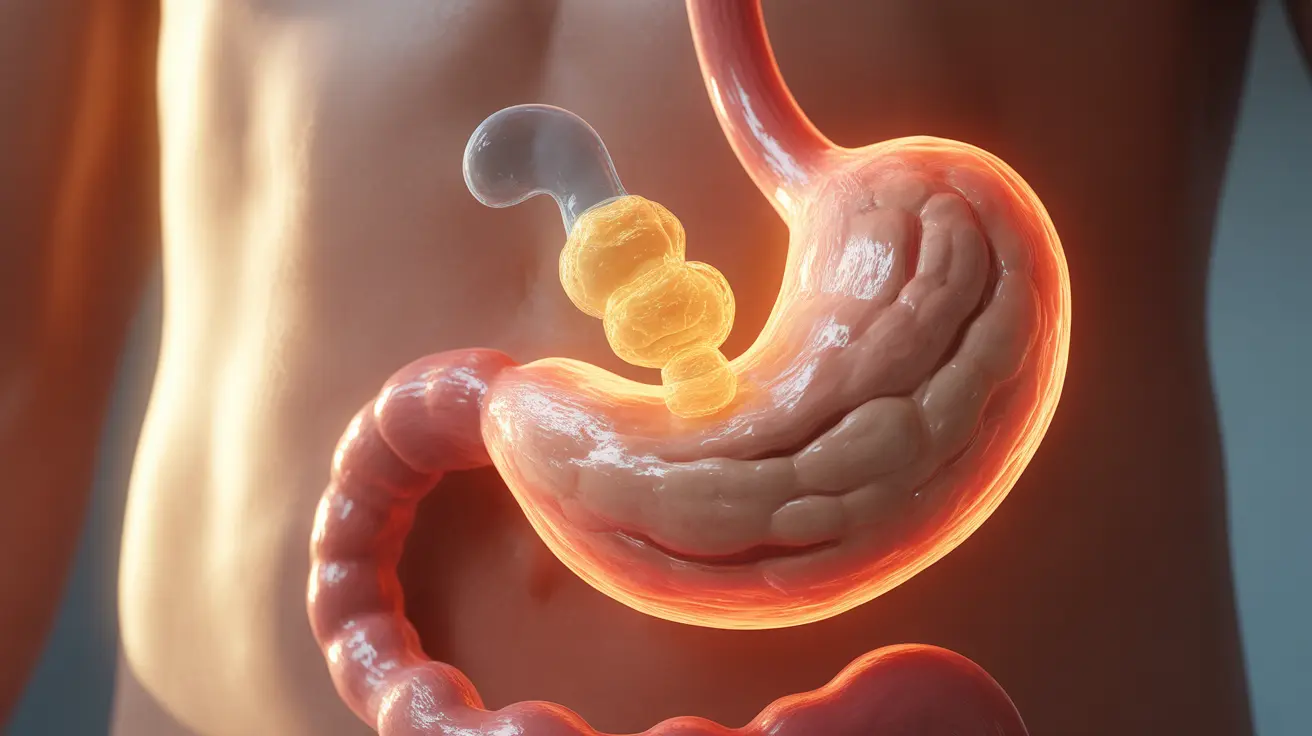Excessive burping can be both uncomfortable and embarrassing, affecting your daily life and social interactions. While burping is a natural bodily function that helps release excess air from the digestive system, frequent or excessive burping may signal underlying issues that require attention. Understanding the causes and implementing appropriate solutions can help you manage this condition effectively.
In this comprehensive guide, we'll explore the various causes of excessive burping, practical solutions for relief, and when to seek medical attention. We'll also discuss lifestyle modifications and dietary changes that can make a significant difference in managing this condition.
Understanding the Causes of Excessive Burping
Excessive burping often results from several common factors that can be identified and addressed. The most frequent causes include:
- Aerophagia (swallowing excess air)
- Eating or drinking too quickly
- Carbonated beverages
- Certain foods and dietary habits
- Anxiety and stress
- Underlying digestive conditions
The Role of Diet and Eating Habits
Your eating habits and food choices play a crucial role in the frequency of burping. Common dietary triggers include:
- Carbonated drinks
- High-fiber foods
- Fatty or spicy foods
- Dairy products (especially for lactose-intolerant individuals)
- Foods high in artificial sweeteners
Natural Remedies and Lifestyle Changes
Several effective home remedies can help reduce excessive burping:
- Eating slowly and mindfully
- Avoiding talking while eating
- Limiting carbonated beverage intake
- Practicing proper posture during meals
- Using stress-reduction techniques
Dietary Modifications for Relief
Making specific dietary changes can significantly reduce burping frequency:
- Choose non-carbonated beverages
- Avoid common trigger foods
- Eat smaller, more frequent meals
- Chew food thoroughly
- Stay hydrated with plain water
Medical Interventions and Professional Help
When lifestyle changes aren't enough, medical interventions may be necessary. Healthcare providers might recommend:
- Prescription medications
- Digestive enzyme supplements
- Testing for underlying conditions
- Behavioral therapy
- Dietary counseling
Warning Signs and When to Seek Help
Certain symptoms warrant medical attention:
- Severe or persistent burping
- Accompanying chest pain or difficulty swallowing
- Unexplained weight loss
- Persistent bloating or abdominal pain
- Changes in bowel habits
Frequently Asked Questions
What are the main causes of excessive burping, and how can I identify them?
Excessive burping is primarily caused by swallowing excess air (aerophagia), eating too quickly, consuming carbonated beverages, and certain dietary habits. You can identify triggers by keeping a food diary and noting when burping occurs most frequently. Underlying conditions like acid reflux or gastroparesis may also contribute.
How do I treat excessive burping at home, and what are some effective remedies?
Effective home remedies include eating slowly, avoiding carbonated drinks, practicing mindful eating, and maintaining good posture while eating. Additionally, avoiding trigger foods, chewing thoroughly, and staying hydrated with still water can help reduce burping frequency.
What dietary changes can help reduce frequent burping, and are there any specific foods to avoid?
To reduce burping, avoid carbonated beverages, fatty foods, and foods known to cause gas. Focus on eating smaller portions, choosing non-gassy vegetables, and limiting artificial sweeteners. Some specific foods to avoid include beans, lentils, cabbage, and carbonated drinks.
Can behavioral therapies like cognitive behavioral therapy help manage excessive burping?
Yes, behavioral therapies can be effective, especially when excessive burping is linked to anxiety or stress. CBT can help identify and modify behaviors that contribute to aerophagia and provide stress management techniques to reduce symptoms.
When should I see a doctor if I have persistent burping, and what are the potential underlying health issues?
Consult a healthcare provider if burping is severe, persistent, or accompanied by other symptoms like chest pain, difficulty swallowing, or weight loss. Underlying conditions might include GERD, gastroparesis, peptic ulcers, or other digestive disorders that require medical evaluation and treatment.




